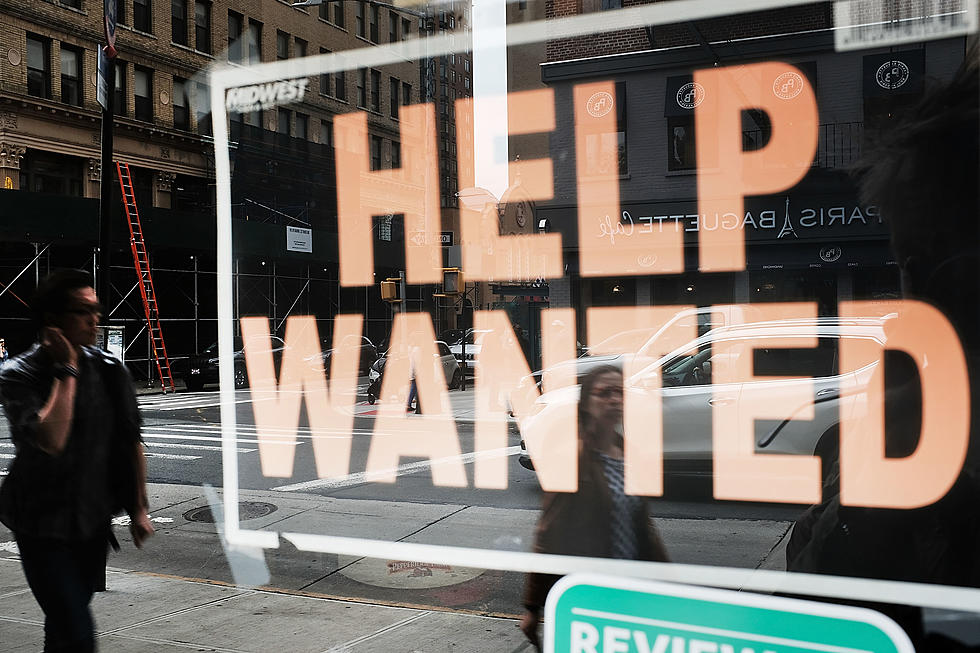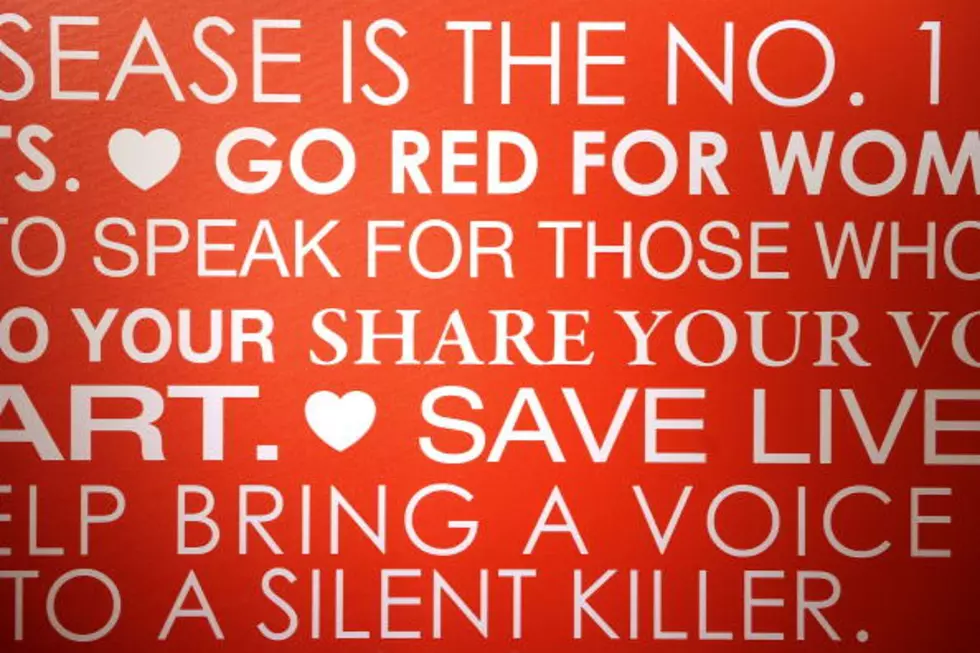![Employees Lack Paid Sick Days, Workplace Flexibility [AUDIO]](http://townsquare.media/site/385/files/2012/08/workers.jpg?w=980&q=75)
Employees Lack Paid Sick Days, Workplace Flexibility [AUDIO]
The Bureau of Labor Statistics released data on the use of paid sick days and workplace flexibility, and found that many employers lack both.
"Only sixty-percent of all workers nationwide have access to any paid leave during the year, and while that may sound like a high number, that still means that forty-percent of employees don't have access to a single paid leave day that they can take, whether its because they are sick or because they need to pick up their child from school" said Sarah Jane Glynn, a policy analyst at the Center For American Progress.
She says depending on your employer, that could impact your job.
"Unfortunately there are millions of workers who either end up losing a day's wages or losing their job because either they or their child got sick."
Glynn says they has also has in impact on the economy. "This can have a serious negative impact on family's budgets and can have far reaching implications given the state of the job market right now."
Other findings in the report:
38 percent of private-sector workers lack even one paid sick day: This percentage is lower for full-time private-sector workers (25 percent), but it is significantly higher for part-time workers, with 73 percent lacking access. Full-time workers are more than three times as likely to have access to any form of paid leave than part-time workers.
Low-income workers are less likely to have access to paid sick days: The average wage of workers without paid sick leave is $10 per hour. If a worker with this salary has a family of two children and misses more than three days of work without paid leave, the family would fall below the poverty line due to lost wages. What's more, 90 percent of private-sector workers whose earnings are in the top 10 percent in their occupation get paid sick days compared to only 23 percent of workers in the bottom 25 percent. And workers with a college degree are more than twice as likely to have access to paid leave than those with less than a high school education.
Women are less likely than men to have paid sick days: Female-dominated jobs, such as those in service industries, are less likely to offer paid sick leave. This discrepancy becomes crucial when considering that 80 percent of mothers assume responsibility for their children's doctor visits, meaning they are more likely to need time off work for a child's illness than male workers. Parents with access to paid sick days to care for a child are also nearly twice as likely to report being very satisfied with their work than those without access.
Workers with access to paid sick days are more likely to utilize preventative health services such as cancer screenings and tests: Studies show they are also less likely to use costly hospital emergency rooms or delay treatment for themselves or a family member, even after controlling for access to health insurance. Universal paid sick leave would reduce emergency room visits by 1.3 million a year, saving $1.1 billion in medical costs annually. Finally, workers with access to paid sick days are nearly one-third less likely to be injured on the job, resulting in lower health care and employer costs.
Many Americans risk their jobs to care for themselves and their families: Twenty-three percent of adults say they've been threatened with termination or fired for taking time off when they or a family member were sick.
"We hope that this becomes a topic that more people are thinking about. There is legislation on the federal level that would require employers to have paid sick leave and some towns are taking a progressive stance on this, so I am hopeful that more people will be talking about this in the future" said Glynn.
More From New Jersey 101.5 FM







![Grilling Gone Wrong – Top 5 BBQ Fails [NSFW- Language]](http://townsquare.media/site/385/files/2012/05/BBQ-Fail1.png?w=980&q=75)

